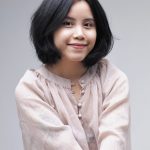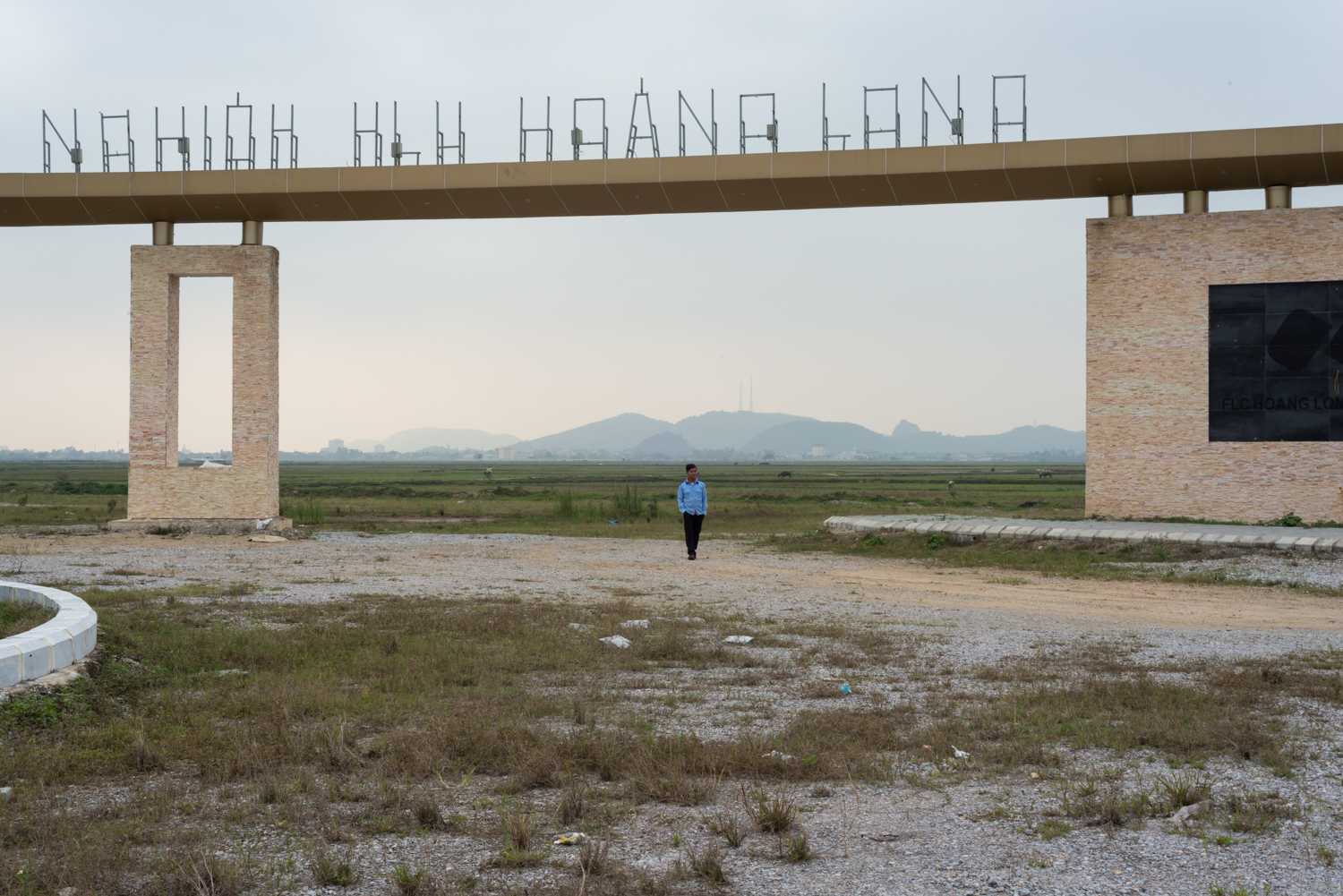Interview
Linh Le (LL): Have you ever been censored before?
Dat Vu (DV): Yes, I have.
LL: Could you tell me more about those challenges?
DV: The most memorable incident was back in 2018, when I was selected to join a residency programme in the west of Ho Chi Minh City. During that time, I got into trouble with the authorities for using the image of the leader [former prime minister and president Ho Chi Minh].
LL: How did you feel when you were censored?
DV: At the time my feelings went through three stages: before, during, and after the censorship. Before the incident, I thought a lot about involving or using such iconography in my practice. Through my work, I wanted to engage with the mechanism of censorship. I was well aware of the risks in doing so, but I still chose to go forward with it. However, I wasn’t aware of the levels and the implications of such risks. Only during that incident, did I become aware of how serious it was. What worried me the most was that I could affect other people, especially the organisers who gave me the opportunity to participate in the residency. Now in hindsight, I have put it in the past. It actually took me a year to feel comfortable, and to not be paranoid about being watched or monitored.
LL: What is censorship to you?
DV: I think censorship happens at different levels. If we are talking about the official definition, censorship is an action, a mechanism developed by the authority with power. There are many aspects to censorship. But I think, sometimes it’s clear, other times it’s not. There are rules that I think everyone knows, and then in some cases, they are so unexpected.
LL: Do you think censorship is necessary?
DV: I think it goes both ways [it can be both necessary and unnecessary]. It is meaningless to think about whether it is necessary or not, since it already exists. It is a default condition for cultural and creative activities here [in Vietnam]. Hence, it’s difficult to think about the necessity of it, or even meaningless to do so. What matters more, is to think about how we can live and work with it.


